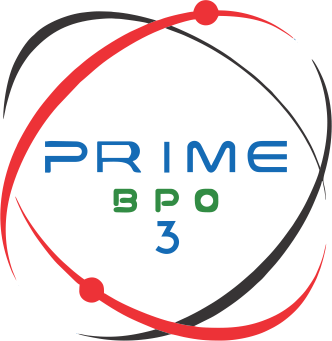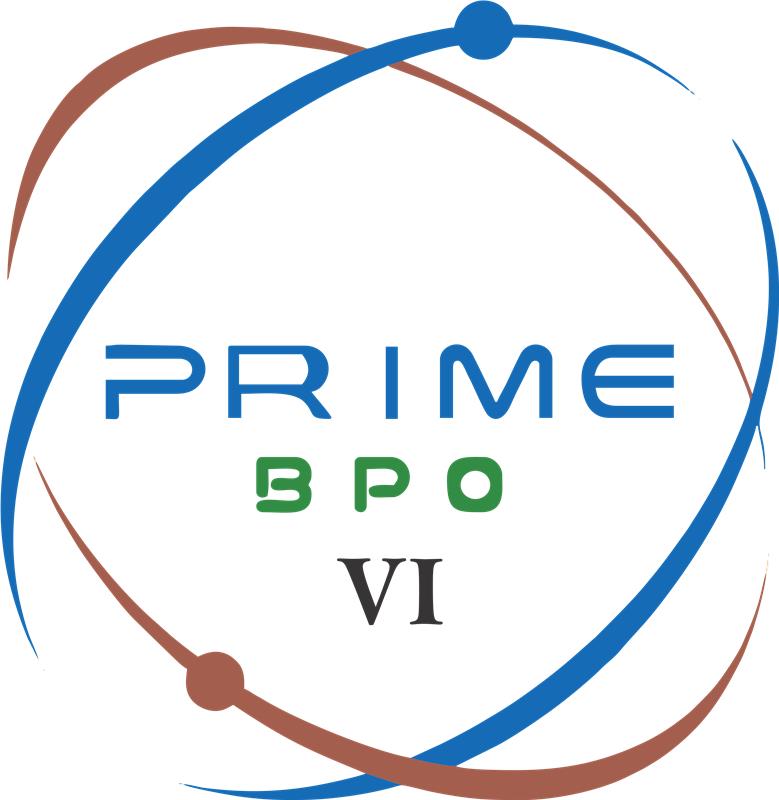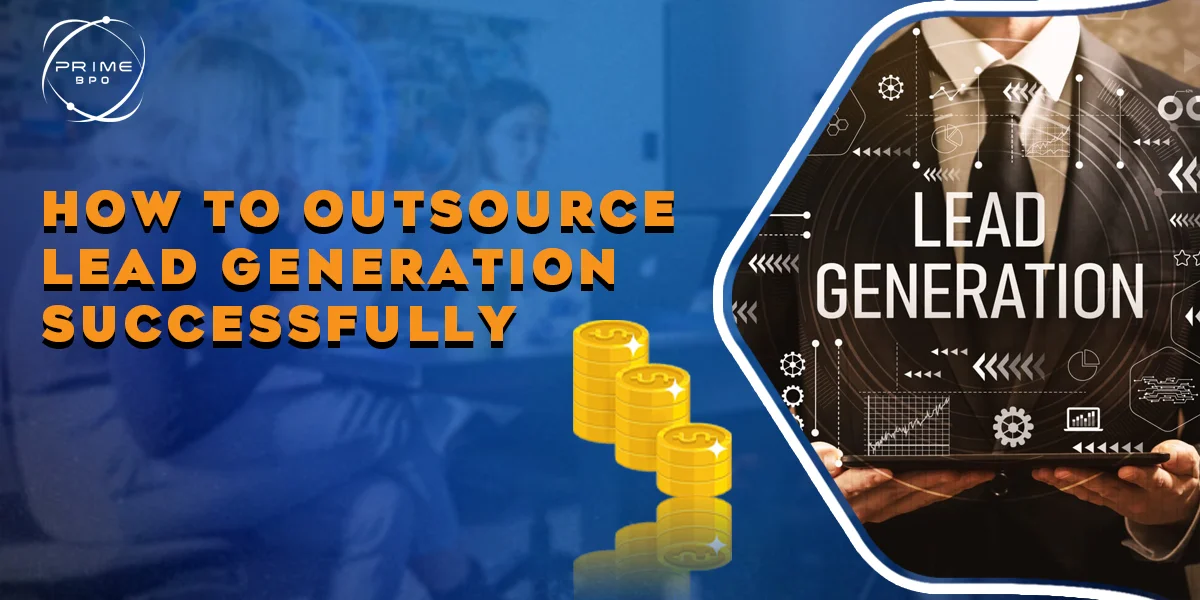In today's fast-paced business world, where competition is intense and customer engagement is crucial, lead generation is the key to success. It is the process of identifying and attracting potential customers, and then building relationships with them until they become paying customers.
However, lead generation can be a complex and challenging task, especially for companies without the necessary expertise. It requires a deep understanding of the target audience, as well as the ability to create and execute effective marketing campaigns.
That's where lead generation outsourcing comes into play, offering a lifeline to businesses seeking to boost their sales and marketing game. In this guide, we're diving deep into the world of lead generation and unveiling the strategies for successful outsourcing.
Get Free Quotes
Customized Options Await
From unraveling the different types of leads to understanding when and why outsourcing is the right choice, we've got it all covered. We'll explore the numerous benefits that outsourcing brings to the table and unveil the potential pitfalls that you should be wary of.
So, if you're looking to unlock the potential of your business, stay with us on this journey as we dissect the art of lead generation and the science of outsourcing, all in pursuit of business growth and prosperity. Welcome to the world of successful lead generation outsourcing – a roadmap to reaching new horizons in your business journey.
What is Lead Generation?
Lead generation is a fundamental marketing process that involves identifying and attracting individuals or businesses who have expressed interest in your product or service and have the potential to become paying customers. The ultimate goal of lead generation is to cultivate and convert these leads into actual sales, thereby driving business growth and revenue.
In a broader sense, lead generation is about initiating and nurturing relationships with prospects, guiding them through the sales funnel, and influencing their decision-making process. It's a systematic approach that starts with capturing the attention of potential customers and ends with transforming them into loyal clients.
Lead generation strategies can encompass a variety of tactics, such as:
- Content Marketing: Creating informative and engaging content, such as blog posts, EBooks, and videos, to attract and educate potential customers.
- Social Media Marketing: Leveraging platforms like Facebook, LinkedIn, and Twitter to connect with your target audience and encourage engagement.
- Email Marketing: Sending personalized and relevant emails to subscribers and leads to nurture their interest and move them closer to making a purchase.
- Search Engine Optimization (SEO): Optimizing your online presence to ensure that your website ranks well in search engine results, making it easier for potential customers to find you.
- Paid Advertising: Running online ads, such as Google Ads or social media ads, to reach a wider audience and drive traffic to your website.
- Networking and Referrals: Building relationships within your industry and leveraging word-of-mouth recommendations to generate leads.
Successful lead generation requires a deep understanding of your target audience, the creation of compelling and valuable content, and effective communication to guide leads through the sales funnel. By mastering the art of lead generation, businesses can enhance their customer base, boost revenue, and achieve sustainable growth.
Different Categories of Leads
Effective lead generation involves understanding and categorizing leads into various types based on their level of interest and engagement. Here are the three primary categories of leads:
Get Free Quotes
Customized Options Await
1- Marketing Qualified Leads (MQLs)
Marketing Qualified Leads are individuals or businesses who have shown initial interest in your products or services but may not be ready to make a purchase yet. MQLs have engaged with your marketing efforts, such as your website, social media content, or email campaigns. They might have signed up for your newsletter, downloaded a free resource, or filled out a contact form. While they are prospects, they are not necessarily sales-ready. The objective is to nurture MQLs through further marketing efforts to move them down the sales funnel.
2- Sales Qualified Leads (SQLs)
Sales Qualified Leads are potential customers who have shown a higher level of interest and engagement compared to MQLs. They have taken actions that indicate a stronger intent to make a purchase. For instance, they might have requested a product demo, inquired about pricing, or engaged in one-on-one communication with your sales team. SQLs are closer to making a purchasing decision, and the sales team typically takes over at this stage to guide them towards a sale.
3- Service Qualified Leads (SQLs)
Service Qualified Leads are customers who have already made a purchase and used your product or service. They may have shown positive feedback, repeated purchases, or a strong interest in your offerings beyond the initial sale. These are your existing customers, and the focus here is on ensuring customer satisfaction and encouraging repeat business. Upselling and cross-selling opportunities are also explored with SQLs to maximize their lifetime value to your business.
What is Outsource Lead Generation?
Outsource lead generation is a strategic business practice in which a company delegates its lead generation efforts to external organizations or professionals who specialize in generating leads. Instead of handling lead generation in-house, businesses opt to leverage the expertise and resources of outsourcing providers to identify and attract potential customers, ultimately aiming to convert them into paying clients.
This outsourcing arrangement involves several key elements:
Specialized Expertise: Outsource lead generation providers are specialists in the field. They possess the knowledge, skills, and experience required to effectively generate leads using various marketing and sales strategies.
Advanced Tools and Technologies: Outsourcing companies often have access to cutting-edge lead generation tools, technologies, and databases that might be costly for a business to acquire and manage on its own.
Scalability: Outsourcing allows companies to scale their lead generation efforts up or down rapidly based on their changing needs and market conditions.
Cost-Efficiency: Outsourcing can often be a more cost-effective solution than hiring, training, and maintaining an in-house lead generation team. It eliminates the need for employee salaries, benefits, and ongoing training expenses.
Focus on Core Competencies: By outsourcing lead generation services, a company can free up its internal teams to concentrate on core activities such as product development, customer service, and strategic planning.
Risk Mitigation: Outsourcing providers typically take on the risks associated with lead generation, reducing the liability and potential negative impact on the client company.
Lead generation outsourcing services can encompass a wide range of activities, from digital marketing, social media management, and content creation to telemarketing, email campaigns, and lead scoring. The specific services offered depend on the outsourcing provider and the client's goals.
In essence, lead generation outsourcing allows businesses to tap into external expertise and resources to streamline their customer acquisition efforts, ultimately driving growth and revenue. However, successful outsourcing hinges on selecting the right provider, clearly defining objectives, and maintaining effective communication throughout the partnership.
When to Outsource Lead Generation
Outsourcing lead generation can be a strategic decision for your business. Here are some situations where it might make sense to outsource:
- Limited In-House Resources: If your company lacks the necessary personnel or tools for effective lead generation, outsourcing can fill the gap.
- Need for Expertise: Lead generation requires specific skills and knowledge. Outsourcing to experts can deliver better results than attempting to do it in-house.
- Focus on Core Activities: Outsourcing lead generation frees up your team to concentrate on core business activities, such as product development or customer service.
- Scalability: When you need to scale up lead generation efforts quickly, outsourcing can provide the necessary resources.
The Benefits of Lead Generation Outsourcing
Expertise: Outsourcing providers are specialists in lead generation, which means you benefit from their knowledge and experience.
- Cost-Efficiency: Outsourcing can often be more cost-effective than hiring and training in-house staff.
- Time Savings: It allows your team to focus on core business functions, improving overall productivity.
- Access to Technology: Outsourcing companies typically have access to advanced lead generation tools and technologies.
- Scalability: You can easily adjust the level of outsourced lead generation based on your business needs.
- Risk Mitigation: Outsourcing companies take on the risks associated with lead generation, reducing your liability.
The Drawbacks of Outsourced Lead Generation
While outsourcing lead generation offers several benefits, it's not without its drawbacks:
Get Free Quotes
Customized Options Await
- Loss of Control: When you outsource, you relinquish some control over the lead generation process, which could affect the quality of leads.
- Data Security: Sharing sensitive customer data with an external provider can pose a risk if not managed properly.
- Quality Concerns: Some outsourced lead generation providers may prioritize quantity over quality, resulting in leads that are less likely to convert.
- Communication Challenges: Working with an external team can sometimes lead to communication issues or misunderstandings.
- Long-Term Cost: While outsourcing may initially seem cost-effective, the long-term expenses can add up.
Final Thoughts
Outsourcing lead generation can be a strategic move for businesses looking to enhance their sales and marketing efforts. When done right, it can provide a cost-effective and efficient solution. However, it's essential to carefully consider the pros and cons before deciding to outsource. The success of lead generation outsourcing often depends on choosing the right provider, setting clear goals, and maintaining open communication.
Therefore, lead generation is a critical element of business growth, and outsourcing it can be a wise decision when the circumstances align. By understanding what lead generation is, the various types of leads, when to outsource, the benefits, and potential drawbacks, you can make an informed choice to ensure the success of your lead generation efforts.
Frequently Asked Questions (FAQs)
1- What is outsourcing lead generation?
Hiring outside organizations or individuals to generate potential customer leads for a company is known as outsourcing lead generation. It could involve things like online advertising, email marketing, and cold calling.
2- How do you generate leads for outsourcing?
There are several ways to generate leads for outsourcing, including networking, content marketing, targeted advertising, and referrals. Finding and contacting potential clients who could be interested in the outsourced services being provided is crucial.
3- What are the 4 steps of the lead generation process?
The lead-generating process consists of four steps:
Determine Who Your Target Market Is: Determine or ascertain who your ideal clientele is.
Attract Customers: Employ marketing techniques to direct potential clients to your website or landing page.
Transform Visitors into Leads: Take charge of contact details by using forms or other tools.
Create Leads: Until a lead is prepared to make a purchase decision, cultivate a relationship with them through focused contact and content.
4- What type of role is sourcing lead generation?
Lead sourcing is typically handled by a company's sales and marketing department. It entails finding potential clients and interacting with them to pique their interest in the provided services or goods.
5- Is lead generation a KPI?
Yes, for firms, particularly those with a sales and marketing focus, lead generation can serve as a key performance indicator (KPI). It assists in determining the success of sales and marketing initiatives in generating new business possibilities.






